Rise of the Machines: Have Human Marketers Become Obsolete?
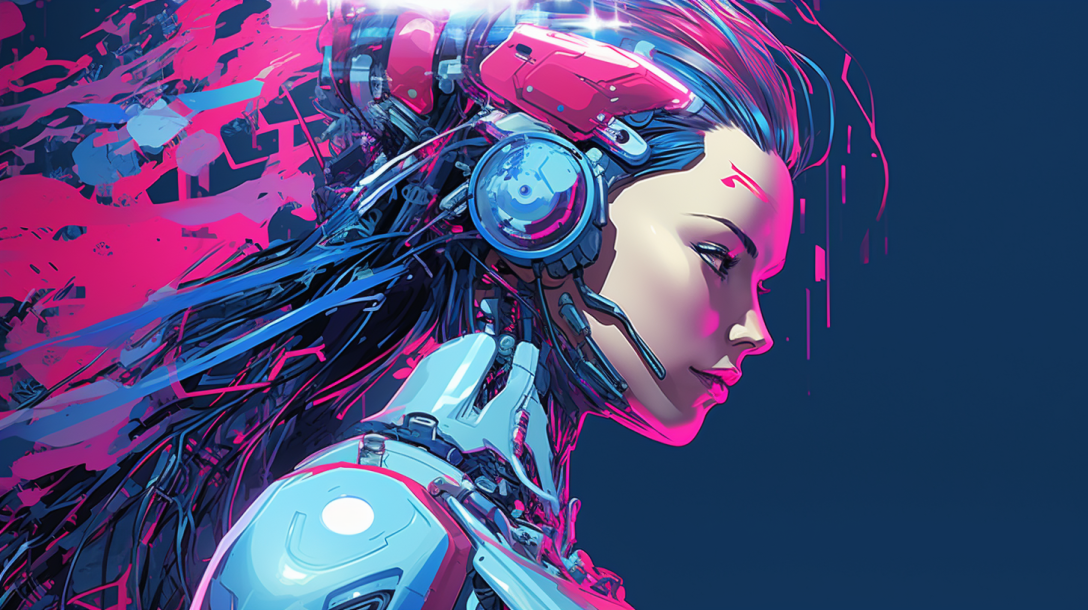
In many industries, automation software has taken the place of human activity. One area of particular growth is autonomous marketing software, covering various activities such as competitor intelligence, decision support systems, data mining, and operations management. The market for autonomous marketing will amount to more than $6.5 billion worldwide in 2019, growing from about $2 billion in 2012.
What Does Autonomous Marketing Mean for Marketers
Some experts believe that autonomous marketing machines can replace humans in areas that rely on these functions, such as marketing. We have already seen autonomous marketing software taking over various functions that we consider normal:
- Customer service activities, such as telephone answering systems and online assistants
- Digital communications and entertainment, such as search engines and bots
- Marketing functions, such as the creation of “natural” written content
The marketing industry has adopted numerous autonomous marketing technologies as part of this general development. But do these autonomous marketing tools have what it takes to truly replace marketers? Let’s take a closer look at some great tools that automate essential marketing functions:
1. Optimizely
Optimizely makes customer-experience optimization software that conducts A/B testing. Their method compares user reactions to different web page versions.
Human factor: Optimizely might tell a company which page is superior, but it is up to people to understand why and make appropriate changes.
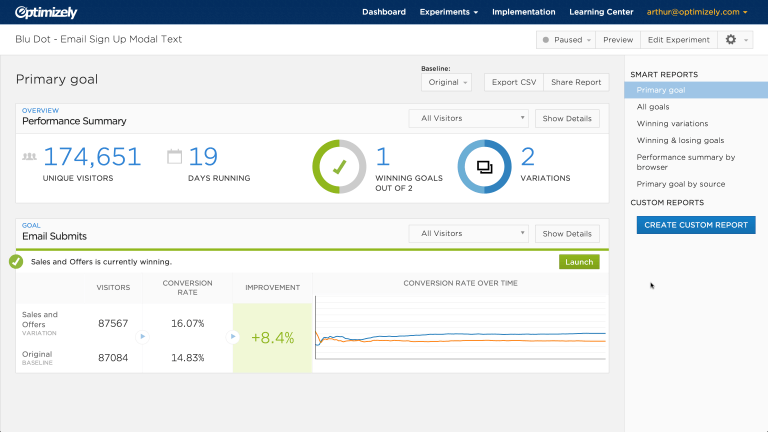
2. CliClap
CliClap helps B2B marketers in managing social media platforms. It enables companies to add recommendations to shared content and track engagement in order to generate qualified leads, increase app installs, and other marketing functions.
Human factor: Although the technology is great at boosting content optimization, it still relies on people to set marketing goals and understand trends.
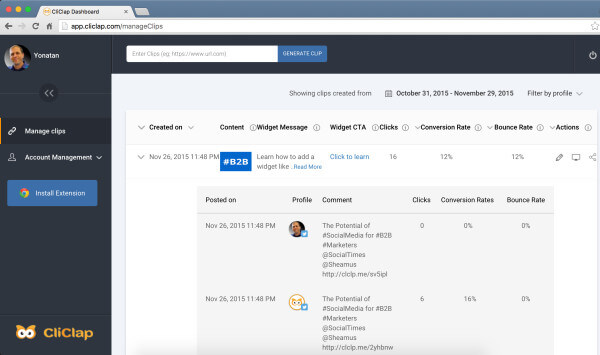
3. TrenDemon (Yeah, we know, we had to…)
TrenDemon is a Customer Journey Insights & Optimization platform. It helps marketers understand the impact of content on their business goals and automatically increase their ROI. This is done by using personalized real-time content recommendations and calls-to-actions, to improve conversion rates.
Human factor: TrenDemon makes the most out of content, but the human touch is still essential for creating attractive messages.
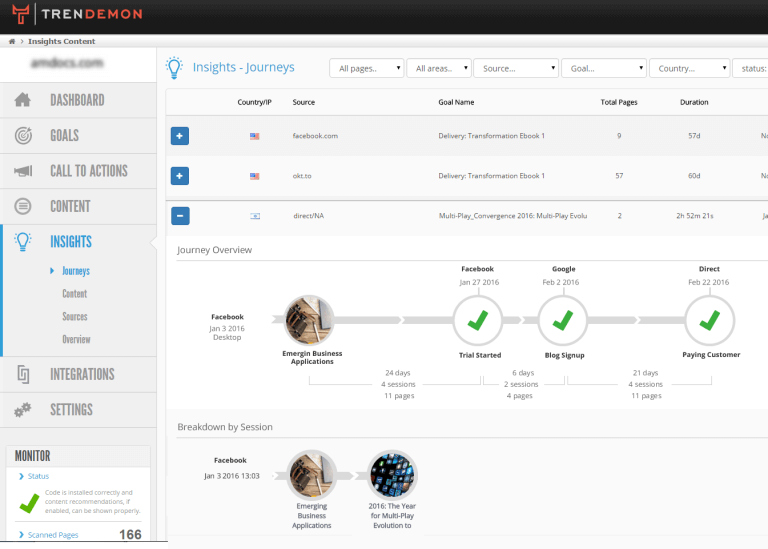
4. AdRoll
AdRoll provides retargeting products for display advertising, in which ads are channeled based on previous web activity so that marketers can analyze website data and create personalized ad campaigns.
Human factor: Although AdRoll’s data is beneficial to a good campaign, only people can create ads that really appeal to customers.
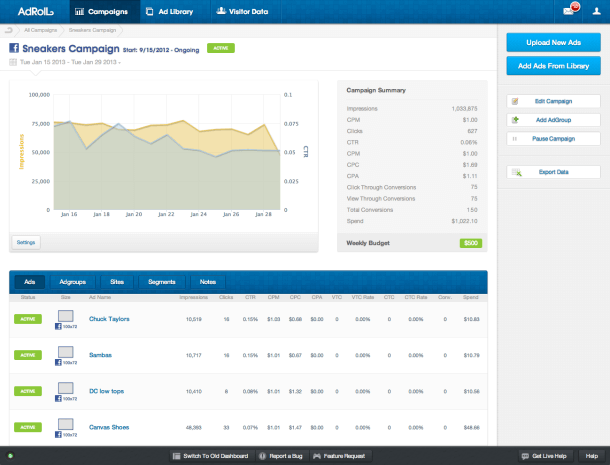
5. Hubspot
HubSpot develops and markets inbound marketing software that promotes a company through content marketing to bring customers to the company, instead of the company reaching out through “traditional” means.
Human factor: Hubspot is one of the most successful marketing software companies out there, but it requires a lot of background effort and continuous attention to make use of its capabilities.

6. BuzzBuilder
BuzzBuilder is a web-based lead generation tool for managing targeted email marketing campaigns and creating B2B sales leads.
Human factor: BuzzBuilder automates a tedious function, but people still need to monitor the nature of the messaging and the quality of the leads.
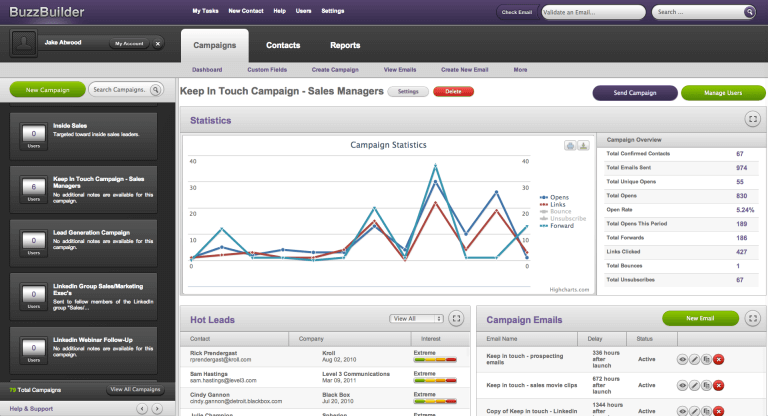
Marketing Machines Won’t Be Replacing Marketers… Yet
These were just a few examples and although these companies have made great progress, we’re still not at a stage where companies can rely on autonomous marketing machines to automate their marketing efforts. This is especially true in comparison to the quality level of functions handled by people, who still have a vital role in managing autonomous marketing tools.
According to a recent report, For example, marketing automation software has only been adopted by approximately 400 of the leading websites, while only 25% of users report full satisfaction with their automation software.
Human marketers add emotional insight, event awareness, timing, strategy, and knowledge of the big picture. Autonomous marketing software cannot yet perform these functions as well. Despite the technological advances in software, autonomous marketing tools still support rather than replace people. For now, that feels like a win-win.